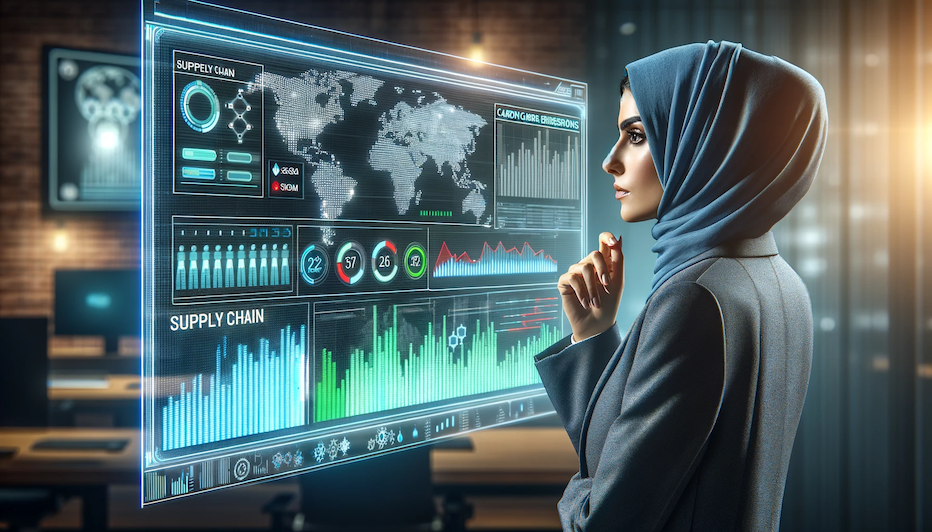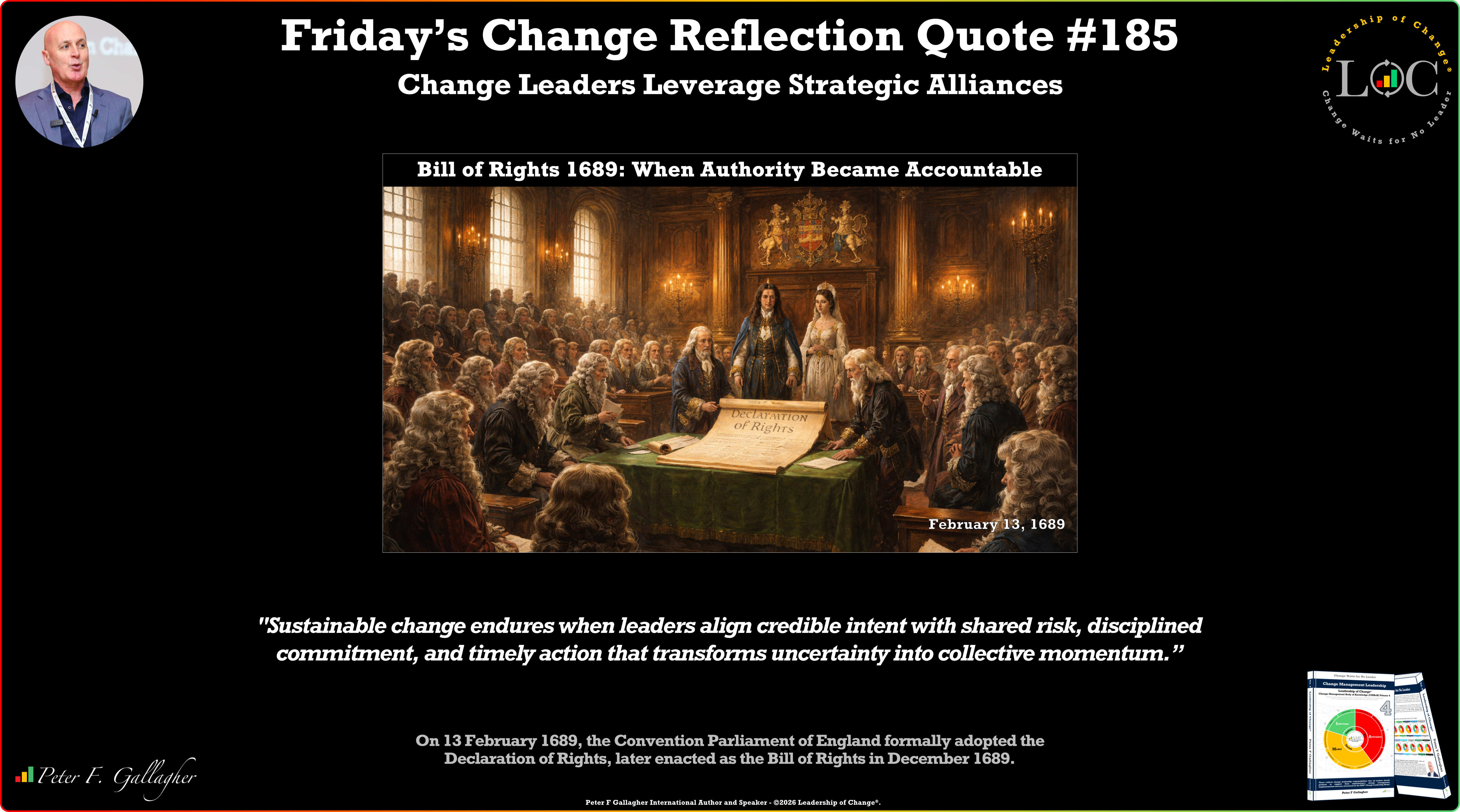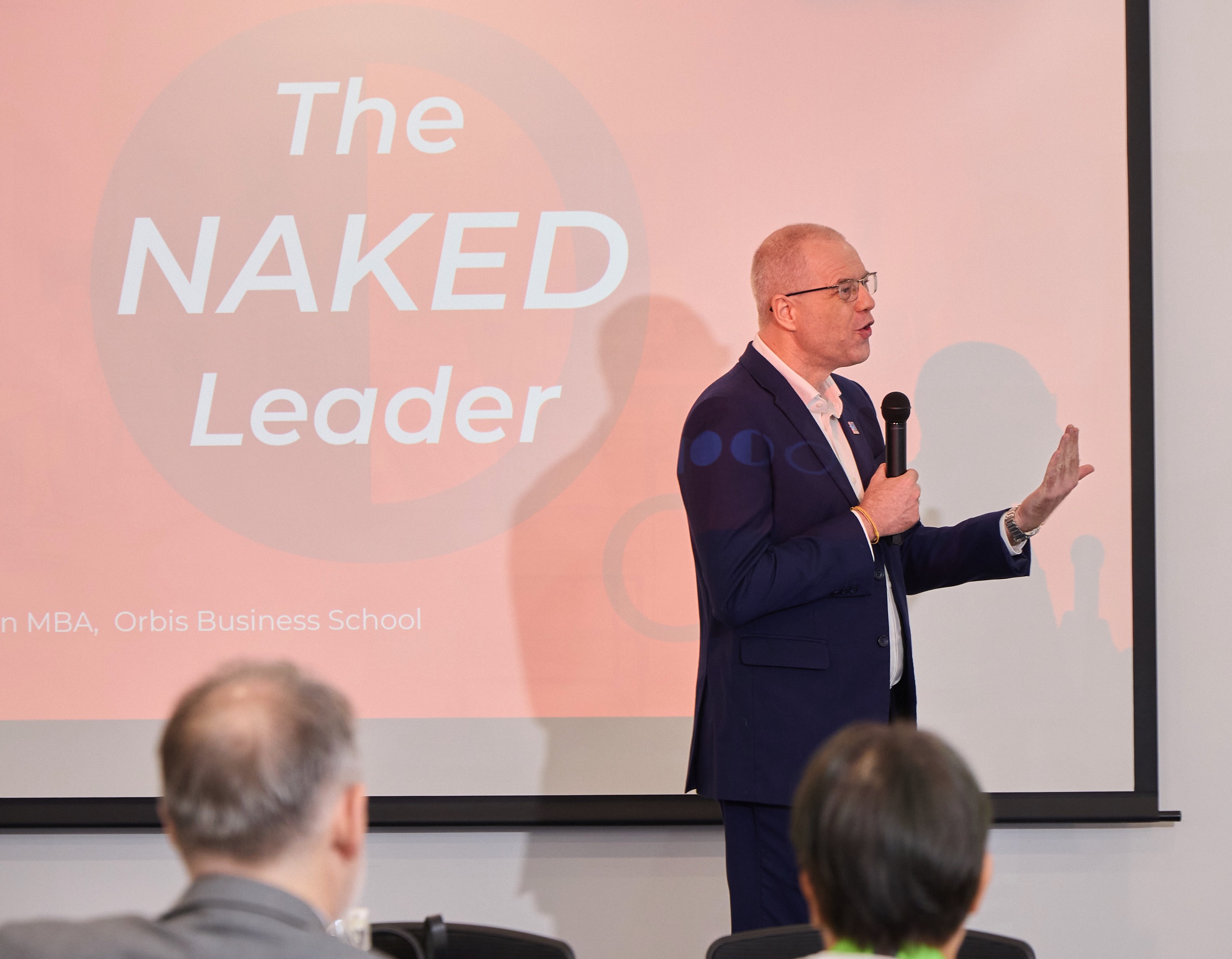Dec18

As we embark on a new week, with the holidays just around the corner, it’s a poignant time to reflect on the year ahead and our collective journey towards sustainability. In my latest episode of the Digital Supply Chain podcast, I had the privilege of discussing an often-overlooked yet crucial aspect of this journey – the reduction of Scope 3 emissions – with Kristian Rönn, CEO and Founder of Normative.
Scope 3 emissions, for those new to the term, are indirect emissions that occur in a company’s value chain. These include emissions associated with both upstream and downstream activities, encompassing everything from the production of purchased materials to the end-of-life treatment of sold products. Unlike direct emissions (Scope 1) and emissions from purchased electricity (Scope 2), Scope 3 emissions are not always within direct control of an organisation. However, they can account for the majority of a company’s carbon footprint. In our discussion, Kristian pointed out that for many companies, as much as 90% of their emissions can fall under this category.
This staggering figure highlights the hidden challenge in many companies' sustainability efforts. While it’s easier to focus on direct emissions that can be more readily measured and managed, the real impact lies in addressing these indirect emissions. Kristian shared illuminating insights into how businesses can begin to unravel and address their Scope 3 emissions, a task that, while daunting, is essential for meaningful climate action.
The key takeaway from our conversation was the critical importance of visibility and actionability in emissions data. Businesses need to move beyond mere carbon accounting to active carbon management. This involves creating a transparent network across supply chains, where data on emissions can be accurately captured and shared. Such transparency not only holds companies accountable but also empowers them to make informed decisions on where to focus their reduction efforts.
Kristian’s stories of businesses like Eltel and Flying Tiger, who have successfully navigated the complexities of their supply chains to reduce emissions, serve as testament to the potential impact of such initiatives. These examples underscore the fact that, though challenging, meaningful reductions in Scope 3 emissions are possible and, indeed, necessary.
As we look forward to a more sustainable future, it becomes increasingly clear that tackling Scope 3 emissions is not just a corporate responsibility but a strategic imperative. The journey to net-zero is complex and interwoven with challenges, but it's also filled with opportunities for innovation and leadership in sustainability.
If this topic intrigues you and you’re keen to delve deeper into the intricacies of Scope 3 emissions and the innovative strategies companies can employ to reduce them, I encourage you to listen to the full episode with Kristian Rönn. It’s a conversation that not only enlightens but also inspires action towards a more sustainable and responsible supply chain.
Together, let’s continue to push the boundaries of what’s possible in our journey towards a sustainable future.
By Tom Raftery
Keywords: Climate Change, Supply Chain, Sustainability
 Testing Suez: Economics Are Driving Carriers Back Into the Red Sea
Testing Suez: Economics Are Driving Carriers Back Into the Red Sea Mastering Social Media in 2026: Optimizing Networking and Advocacy for the Digital Age
Mastering Social Media in 2026: Optimizing Networking and Advocacy for the Digital Age Friday’s Change Reflection Quote - Leadership of Change - Systemic Change Follows Failed Governance
Friday’s Change Reflection Quote - Leadership of Change - Systemic Change Follows Failed Governance Who Are You Under Pressure - And Is That the Real You?
Who Are You Under Pressure - And Is That the Real You? LinkedIn Voice for Sales
LinkedIn Voice for Sales